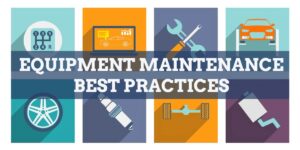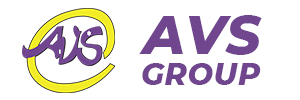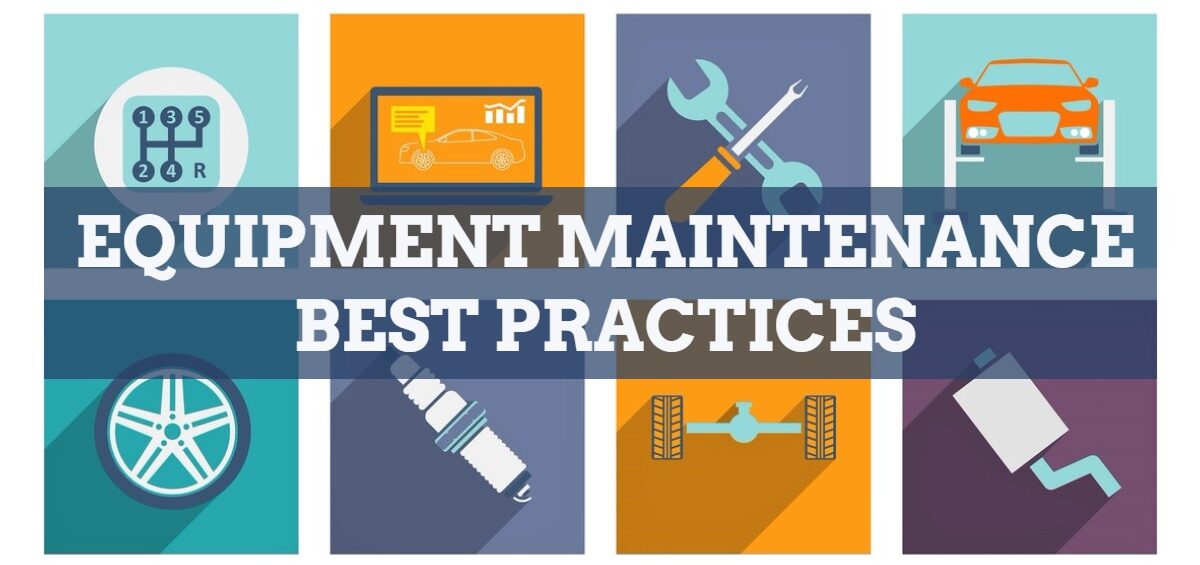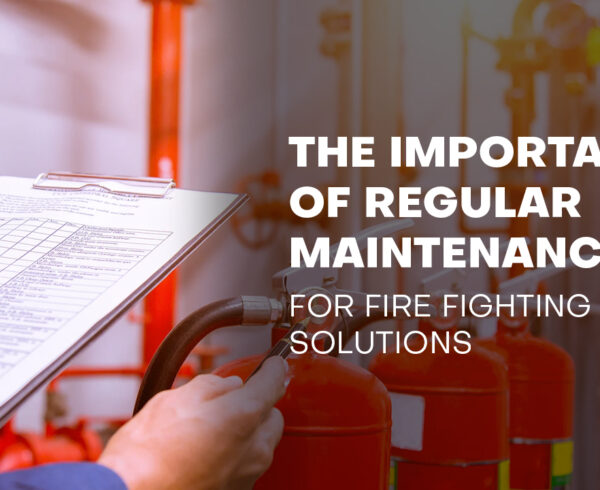
Industrial equipment plays a vital role in many industries, from manufacturing to construction and more. It is essential for these businesses to keep their equipment in good working order to ensure efficiency, productivity, and safety. One of the best ways to ensure that industrial equipment is always running at its best is through regular maintenance and repairs. In this blog post, we will discuss some best practices for maintaining and repairing industrial equipment to keep it running smoothly and efficiently.
The first and most important step in maintaining industrial equipment is to establish a regular maintenance schedule. This schedule should include regular inspections, cleaning, and lubrication of all equipment. This will help to identify potential issues before they become major problems, and will also prolong the life of the equipment. A detailed maintenance schedule should be created for each piece of equipment, outlining the specific tasks that need to be performed and the frequency at which they should be done.
Regular inspections are another crucial aspect of industrial equipment maintenance. These inspections should be performed by trained and qualified personnel, and should include a thorough examination of all mechanical, electrical, and hydraulic systems. Any issues or potential problems should be identified and addressed as soon as possible to prevent further damage and downtime.
Another best practice for maintaining industrial equipment is to keep it clean. Dust and debris can accumulate on equipment over time, which can cause damage to moving parts and electrical components. Regular cleaning can help to prevent this damage and prolong the life of the equipment.
Lubrication is also an important aspect of industrial equipment maintenance. Proper lubrication helps to reduce friction and wear on moving parts, which can prolong the life of the equipment and reduce downtime. It’s important to use the right type of lubricant for each piece of equipment, and to apply it according to the manufacturer’s recommendations.
When it comes to repairing industrial equipment, it’s important to have a plan in place for dealing with unexpected breakdowns. This should include having the necessary spare parts on hand, as well as a team of trained and qualified personnel who can perform repairs quickly and efficiently. It’s also important to have a good relationship with equipment manufacturers and suppliers, as they can provide valuable support and advice in the event of a breakdown.
In addition to regular maintenance and repairs, it’s also important to invest in regular training for personnel who will be operating and maintaining industrial equipment. This training should include not only how to operate the equipment safely and efficiently, but also how to identify and address potential issues.
In conclusion, industrial equipment plays a vital role in many industries and it is crucial for businesses to keep their equipment in good working order to ensure efficiency, productivity, and safety. By following best practices for maintenance and repairs, businesses can prolong the life of their equipment and reduce downtime. This includes creating a regular maintenance schedule, performing regular inspections, keeping equipment clean, proper lubrication, having a plan in place for unexpected breakdowns, having spare parts on hand and personnel who are trained and qualified, and investing in regular training for the personnel who will be operating and maintaining the equipment.
#industrialequipment #equipmentmaintenance #equipmentrepairs #manufacturing #construction #maintenance #repairs #inspections #lubrication #training #safety #productivity #efficiency #downtime #spareparts #personnel #cleaningequipment #mechanicalsystems #electricalsystems #hydraulicsystems





